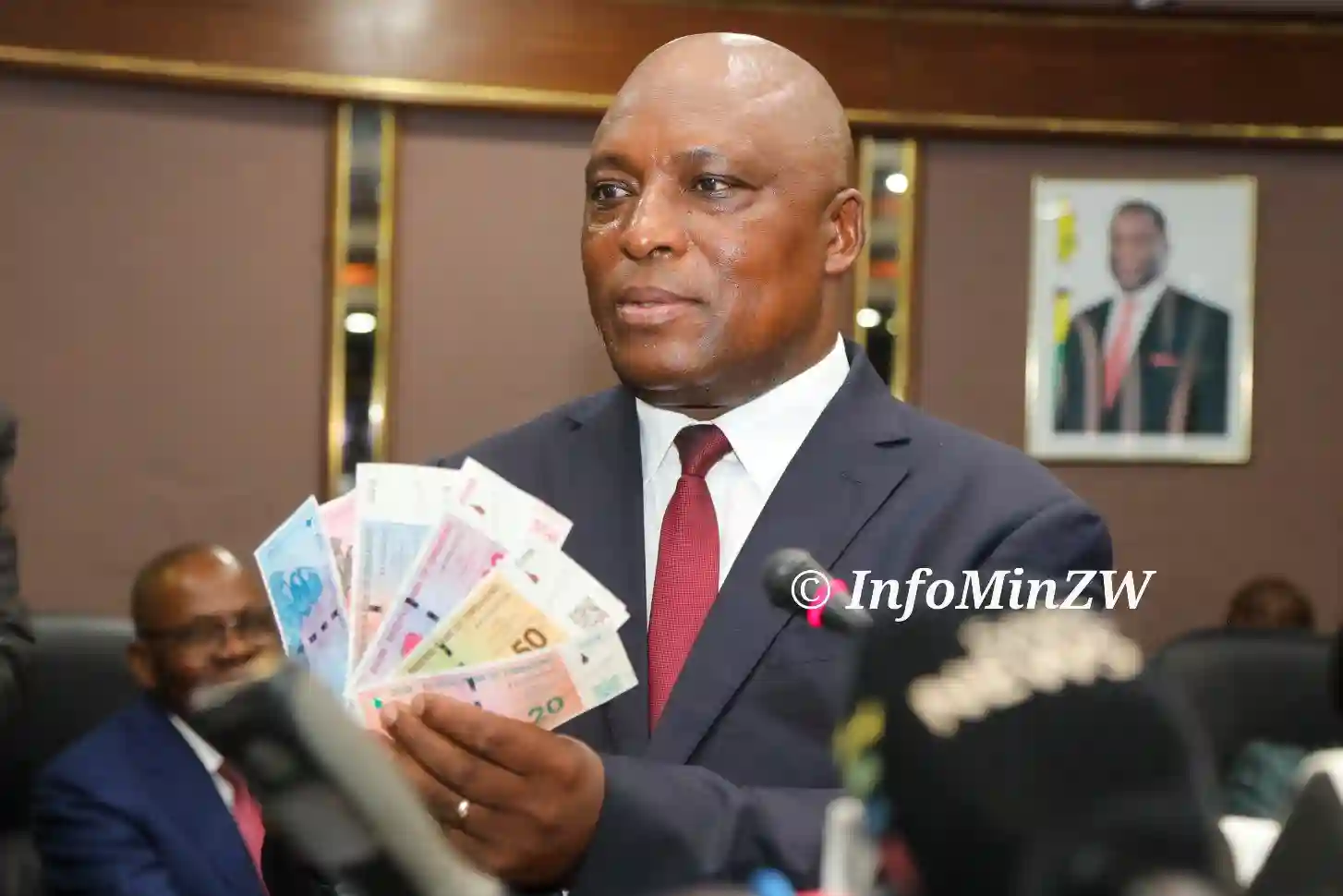RBZ Governor John Mushayavanhu has made a firm commitment that the central bank will refrain from participating in any quasi-fiscal operations (QFOs).
In February this year, the World Bank advised the RBZ to cease all quasi-fiscal operations and unbudgeted expenditures and to transfer US$3.6 billion of its total external liabilities to the Treasury as soon as possible, since it had only transferred US$1.8 billion.
Quasi-fiscal activities include subsidies on bank loans, imports of agricultural machinery and inputs, allocation of foreign currency at subeconomic exchange rates, and minting and selling of gold coins below market prices.
Speaking at the presentation of the delayed 2024 Monetary Policy Statement in Harare on Friday, 05 April, Mushayavanhu said he has no desire to do other people’s jobs. He said:
I do not believe in quasi-fiscal activities. It is not going to happen under my watch. My mandate as spelt out in the Reserve Bank Act is very clear and I have no intention to do other people’s jobs. I will do my job as the central bank governor as defined in the RBZ Act.
Mushayavanhu also said the foreign exchange retention threshold will remain at 75% except for small-scale miners. He said:
I am a stickler for rules and don’t come to me saying you want to retain 100%. This is not Animal Farm. We need forex to oil the economy.
Economist Prosper Chitambara told NewsDay that the success of ZiG will depend on several factors including strict adherence by the central government to statutory limits in terms of the government’s borrowings from the central bank. He said:
Market-dynamic forces of demand and supply must have greater sway in terms of foreign exchange rate determination. That also helps to boost confidence in the whole foreign exchange management system.
Mushayavanhu also reduced the bank policy rate to 20% per annum from 130% per annum to reduce the cost of borrowing money and accessing credit.
The RBZ removed bank charges for individual bank accounts with a daily balance of US$100 and below or its equivalent in ZiG for a period of up to 30 days.
Also speaking to NewsDay, industrialist Anthony Mandiwanza said the jury is still out on the success of ZiG. He said:
The rate is now down to ZiG13,5616. If it is going to be sustainable, reflected in the consumer price, then it’s working, and it will largely stimulate productivity. But, if it doesn’t, there will be challenges.
The point is the banks must be able to give you foreign currency if you go and apply if your account is funded, and the banks have no reason to retain that foreign currency if they can still get that foreign currency in the market.
So, it depends on whether the banks will be able to get foreign currency in the open market, but the jury is still out.
RBZ Monetary Policy Committee member Persistence Gwanyanya said the introduction of a structured currency will bring stability.
He urged members of the public to support the new measures.
More: Pindula News

